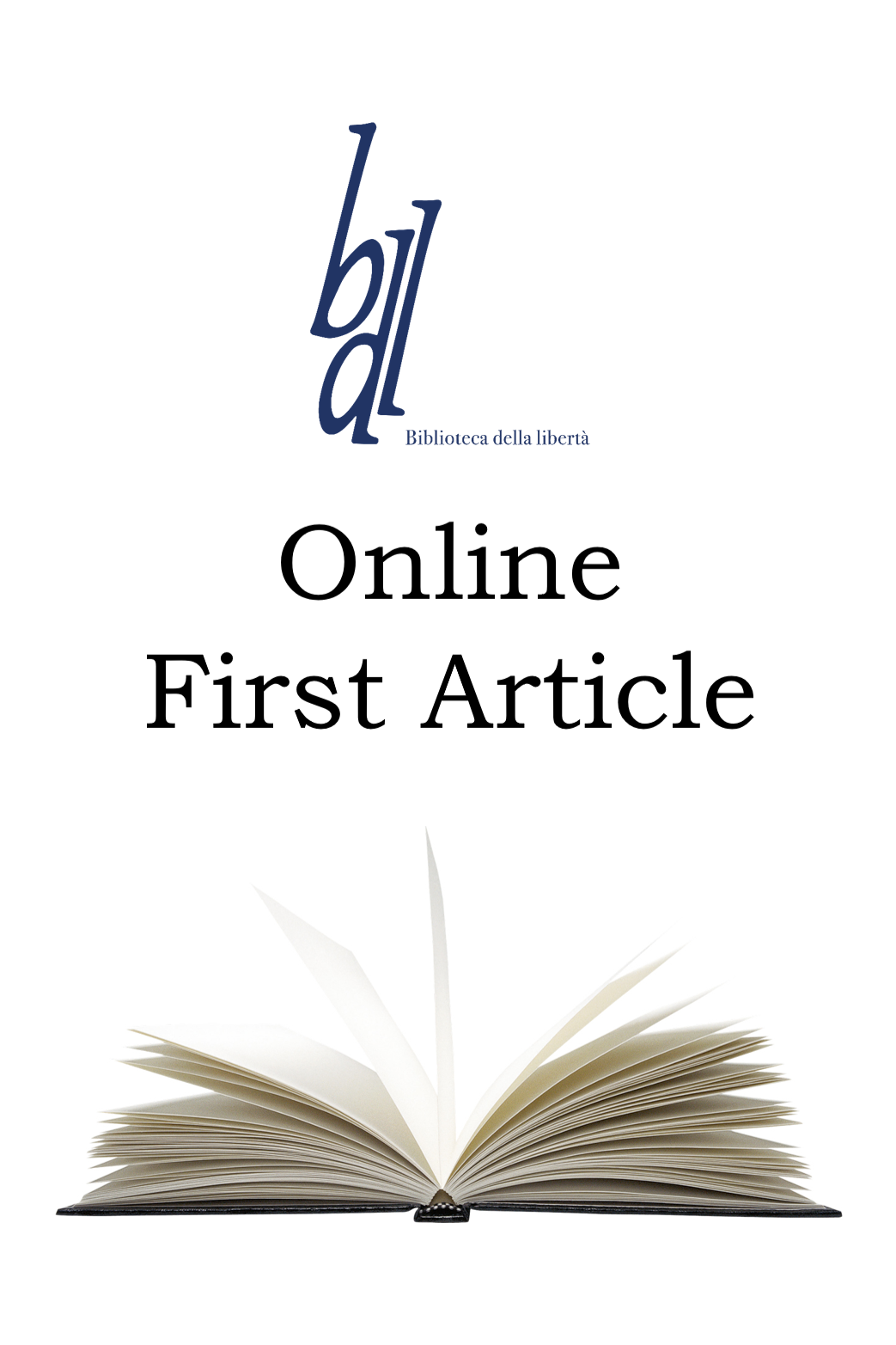- Ricerche e Progetti
- Biblioteca della Libertà
- Pubblicazioni e Working Paper
- Articoli e media
- Eventi e notizie
All issues
Human Rights and Social Protection. A Springboard for Food Security
- Categoria/Category
- Anno LIX, n. 241, settembre-dicembre 2024
- Autore/Author
- Claudia Severi
- Editore/Publisher
- Centro Einaudi
- ISSN
- 2035-5866
- DOI
- 10.23827/BDL_2024_13
- Luogo/City
- Torino
- Articolo completo/Full text
- 2_bdl_241_Severi.pdf
Abstract
This paper addresses the multifaceted issue of food insecurity, examining its key causes through a rights-based approach grounded in human rights principles. It highlights the profound impact of the COVID-19 pandemic, climate change, wars and social inequalities on global hunger and severe food insecurity. The paper advocates for a rights-based approach to development, emphasizing the importance of empowering individuals to assert and exercise their rights. It aligns with the Universal Declaration of Human Rights and aims to empower broader development goals, particularly the “Zero Hunger” goal among the 17 Sustainable Development Goals set for 2030. To ensure food security, the paper proposes the implementation of Social Protection (SP) measures, including cash and asset transfers, protection against livelihood risks, and enhancement of the social status of marginalized populations. A special focus is given to Adaptive Social Protection (ASP), an integrated approach combining SP with Climate Change Adaptation (CCA) and Disaster Risk Reduction (DRR). This approach aims to reduce vulnerability to shocks through an integrated and holistic strategy that can bring significant benefits to communities most affected by food insecurity, according to this paper. By analyzing case studies such as the “Ipelegeng” program in Botswana and the “Starter Pack” program in Malawi, the paper demonstrates the potential effectiveness of Social Protection measures. Ultimately, it aims to propose actionable policies to eliminate or significantly reduce malnutrition, particularly in developing countries, by addressing the right to food as a fundamental social issue.







